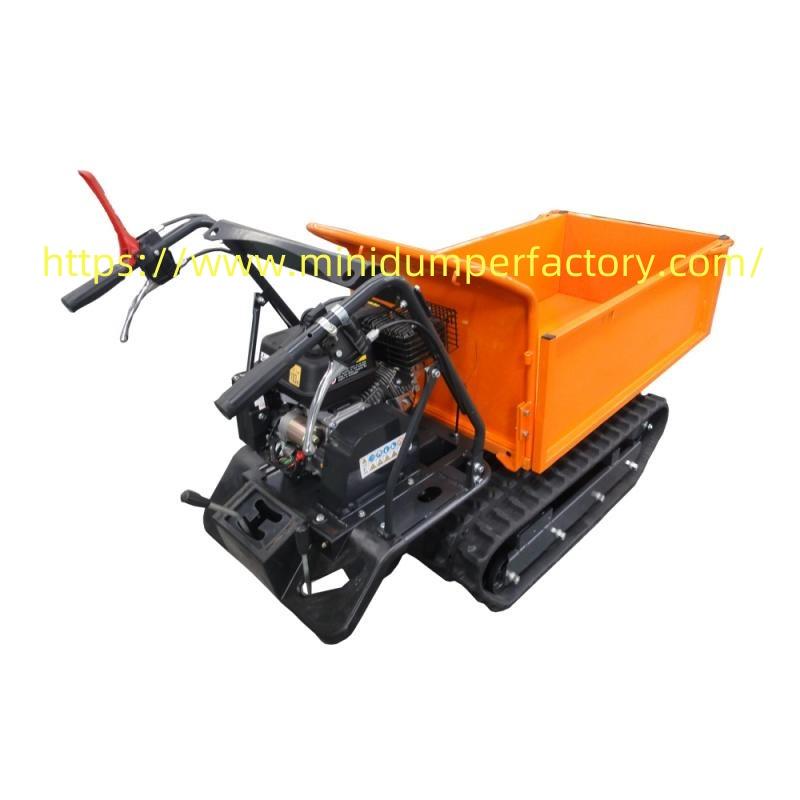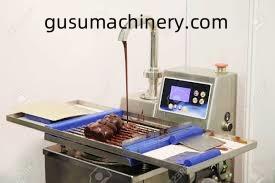400 000 houses to get private sector electricity connection

400 000 houses to get private sector electricity connection
AT least 400 000 houses in urban areas and growth points have been earmarked for connection to the national power grid through private sector participation in electricity distribution and retail, a Cabinet minister has said.
This follows Government’s recent approval for private companies to take part in the distribution and retailing of electricity, a move expected to ease pressure on the national utility and enhance service delivery.
The rollout will be implemented in phases, initially targeting areas such as Eyecourt, Retreat, Caledonia and Hopely in Harare, Cowdray Park in Bulawayo, as well as Karoi, Mutare and Masvingo.
The initiative represents a major milestone in the ongoing liberalisation of Zimbabwe’s energy sector, paving the way for increased private investment, improved efficiency and greater reliability in electricity supply across the country.
In an interview, Energy and Power Development Minister, July Moyo, said details on the specific locations and timelines will be released once private players have been identified.
“We presented a paper to Cabinet which has been accepted,” he said. “We are working with ZERA (Zimbabwe Energy Regulatory Authority) and ZESA, as well as with the Minister of Local Government, to identify those areas, starting with the big urban areas like Harare, Bulawayo, Mutare, Gweru, all the way to areas like Mutoko Centre or Maphisa, where housing construction is taking place but there is no electricity.
“I think we assembled over 400 000 households in those cities and towns and growth points that we identified. Now we have put out an advert and we have invited those in the private sector who want to participate and where they want to participate. And we will be working with ZESA and ZERA.”
Minister Moyo added that the Government has put in place measures designed to promote investment by private players. “If an investor has access to funds from abroad and wishes to guarantee the importation of their equipment, or ensure their ability to repay loans secured from foreign financial institutions or other lenders, the Government facilitates this process,” he said.
“In cases where investors wish to repatriate their profits, we sign a Government Project Support Agreement in collaboration with the Ministry of Finance and the Reserve Bank of Zimbabwe.
“The Reserve Bank then issues letters of comfort outlining how these transactions can be carried out. So we have looked at all this and we think that it is very clear that the Government intends to invite the private sector and guarantee the private sector to make money out of it.”
In a recent advertisement, ZERA said the move will improve electricity supply, enhance service delivery and expand access to underserved communities.
“The Government of Zimbabwe has approved the participation of private players in the retailing and distribution of electricity to consumers to complement ongoing efforts to achieve universal access to electricity by 2030,” the statement reads in part.
ZESA has in recent years faced operational challenges in ensuring consistent power supply across the country, largely due to ageing infrastructure and growing demand driven by rapid urbanisation and industrial expansion.
The recent decision to open electricity distribution and retail to private players is expected to complement ZESA’s efforts by increasing efficiency and expanding access, particularly in fast-growing urban areas and new settlements.
Herald






